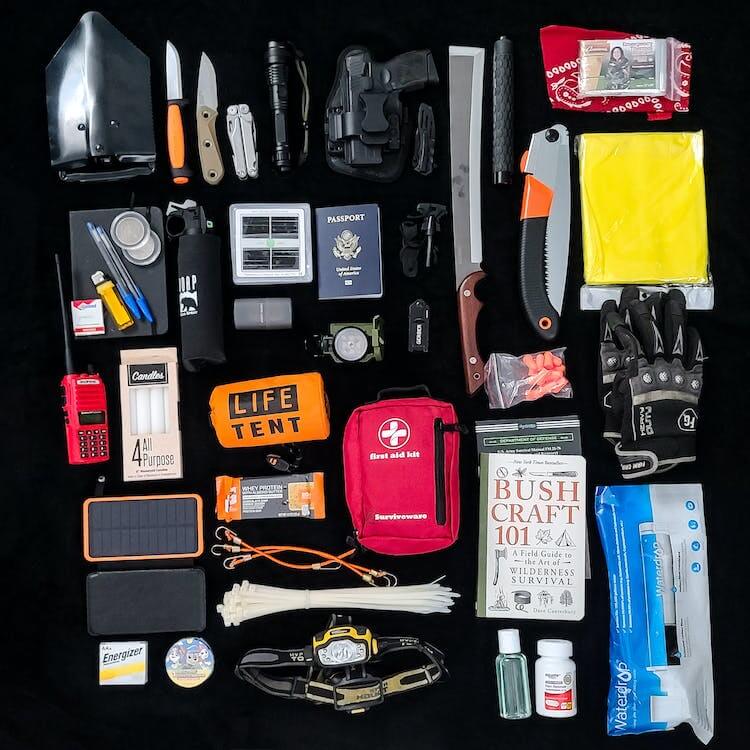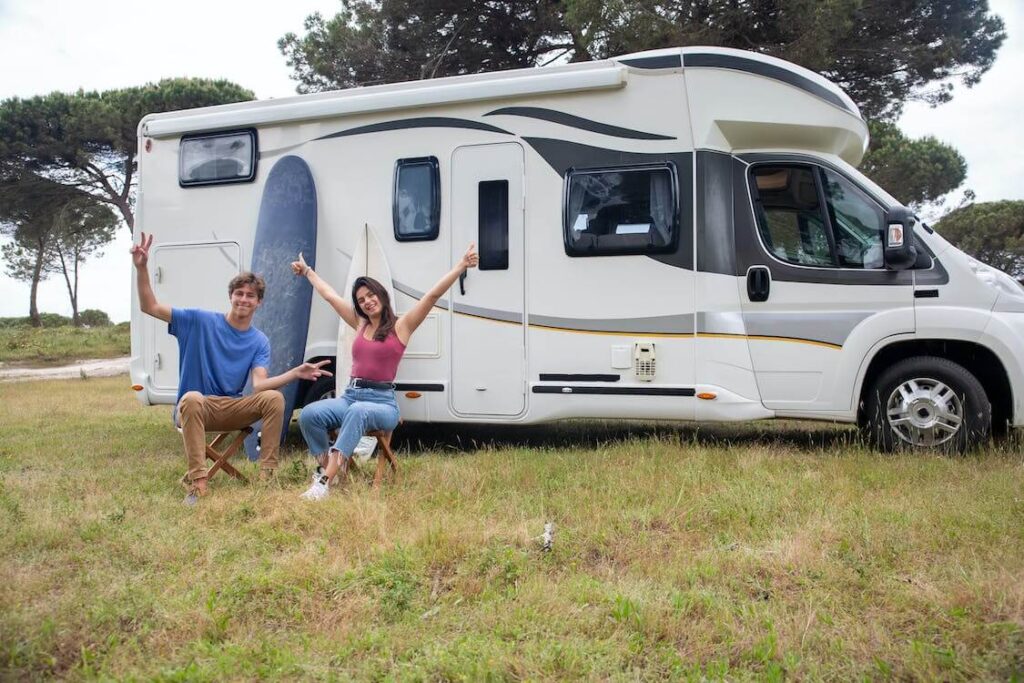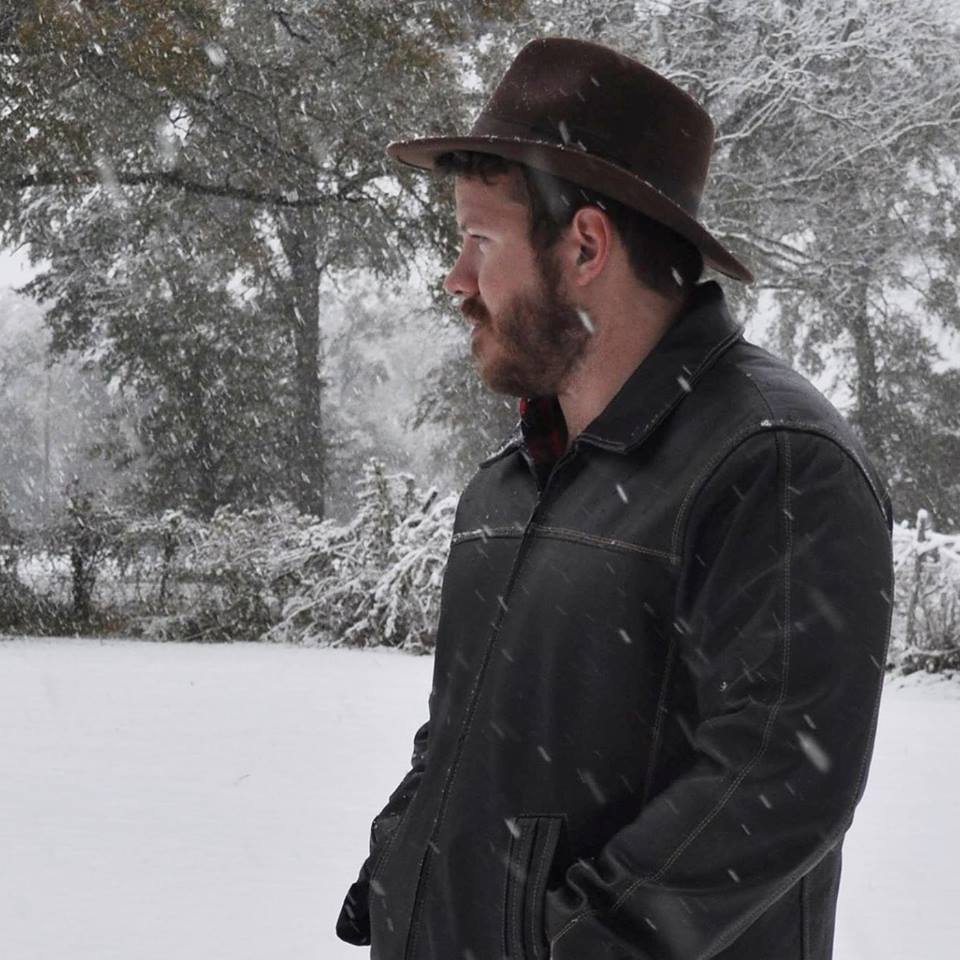Exploring the Great Outdoors Without Breaking the Bank
Camping offers a unique opportunity to escape the hustle and bustle of city life, connect with nature, and make lasting memories with friends and family. While some may perceive camping as expensive, it doesn’t have to be. With careful planning and budget-conscious choices, you can enjoy the beauty of the great outdoors without straining your finances.
This article will explain creative plans for the cheapest camping without completely roughing it. Many of us are on a budget, so I’ll also explain how to procure cheap camping gear and locate cheap camping sites. I’ll also throw in some tips on whipping up delicious yet budget-friendly camping meals that anyone can cook.

1. Budget-Friendly Camping Gear
Investing in high-quality camping gear is essential for a comfortable experience, but it doesn’t mean you have to break the bank. List crucial gear, such as a tent, sleeping bag, and cooking equipment. Then, scout for budget-friendly options from reputable brands. Consider buying gently used gear or borrowing from friends who share your passion for camping. Additionally, don’t shy away from DIY camping gear hacks, which can save you considerable money.
I’ve camped with cheap camping gear my entire life, but you have to ensure that the equipment you bring is sturdy and won’t fail once you’re in the woods. You can find great items in thrift shops if you’re lucky. You can also find decent cheap camping items on Amazon and eBay if you know what to look for. You can skimp on things- such as bags, firestarters, and even knives, but I wouldn’t try to save money on camping water filters since you need the best you can buy for something that may save your life.
2. Choosing the Right Campground
Selecting the right campground can significantly impact your budget. Research campsites in advance and look for options that offer the amenities you need without exorbitant fees. State parks and national forests often provide affordable camping options with picturesque natural surroundings. National forests often have cheap camping sites and are great if you enjoy being surrounded by woods when you camp. You can also park a camper in National Parks and save money. If you want to minimize costs further, explore free camping spots such as Bureau of Land Management (BLM) lands or dispersed camping areas. These often come with the added benefit of seclusion and a closer connection to nature.
I’ve found that many of my favorite camping spots were cheap camping sites that didn’t have many amenities, if any at all. Simplicity can be better sometimes, and saving money while camping on a budget is great.
Don’t have a camper? Check out these cool truck tents that can be used anywhere.
3. Meal Planning and Cooking
Delicious, Budget-Friendly Campfire Cooking
Eating well while camping doesn’t require dining out or resorting to pricey pre-packaged meals. Plan your camping menu and focus on simple, budget-friendly recipes with basic ingredients. Investing in a portable camping stove can be an economical choice, as it allows you to easily cook various dishes. Another way to save money is by bringing along non-perishable foods like canned goods, rice, and pasta, which are cost-effective and convenient for camping. Many campers also choose to bring prepackaged emergency food supplies since they’re nutritious and easy to use.
We always plan our camp meals ahead of time and consider the type of camping we will be doing, how long we will be in each location, and how we will have to store the ingredients. Camping in hot areas may limit what you can bring unless you’re camping in an RV or camper. Tent camping will require more thought as to the types of foods you can bring. You can save a ton of money by planning and packing cheap meals that will keep you satiated while camping. Most camping sites include a fire pit where you can cook hotdogs and hamburgers and make the most out of your camping trip.
Even though our camper has a great oven, we always pack our Blackstone grill since it cooks better and is easy to set up.
4. Transportation on a Budget
Getting to your campsite can be a significant budget consideration. If camping with friends or family, consider carpooling to split fuel costs and reduce your carbon footprint. Camping is more fun with friends as long as you don’t mind sharing space with them. For those who don’t own a vehicle suitable for camping, renting one might be a more budget-friendly option than purchasing specialized camping vehicles, such as RVs or trailers. Many places offer campers and RVs for rent, and they will set up your camp before you get there. Carefully weigh the pros and cons of renting versus owning to make the most cost-effective choice for your camping adventures.
You may want to invest in a small camper if you camp often. There are numerous makes and models that will get the job done, depending on how much space you need for you and your family. Many people opt for a lightweight camper that a large truck can pull, such as a Ford F-150 or Chevy 1500. Anything larger may require a bigger truck to pull it properly.

5. Camping Activities on a Budget
One of the joys of camping is the abundance of free or low-cost activities available at your doorstep. Hiking, birdwatching, stargazing, and simply soaking in the natural beauty are all fantastic options that won’t dent your wallet. Instead of spending money on costly entertainment, bring along board games, books, or musical instruments to enjoy the simplicity and serenity of the outdoors.
We always try to find free family camping activities, such as building a fire and cooking snacks over an open flame. We also go hiking and exploring often and walk downtown in whatever town we find ourselves in. You don’t have to spend money to have a great camping trip.
6. Staying Safe and Healthy
Safety should always be a top priority when camping. While you might be tempted to skimp on safety equipment to save money, investing in a budget-friendly first-aid kit is crucial, and educating yourself on basic wilderness first-aid skills to handle minor injuries is vital. Staying hydrated and well-nourished is essential for a successful camping trip. Be sure to bring reusable water bottles and plan balanced meals that provide the energy needed for outdoor adventures.
We keep at least three first-aid kits fully stocked and located throughout our camper, truck, and various bags. I keep a first-aid kit in my day bag for my family and other hikers we may come across needing first-aid. It’s always good to be prepared.
We like these first-aid kits by MyMedic for camping and survival situations.
7. Eco-Friendly Camping on a Budget
Camping on a budget means paying attention to your responsibility to protect the environment. Embracing eco-friendly camping practices can often lead to cost savings. Reduce waste by bringing reusable camping gear and following Leave No Trace principles. Consider investing in solar-powered chargers and eco-friendly toiletries, as these can pay for themselves over time by eliminating the need to purchase disposable items.
I use several solar-powered panels for backpacking that can be draped over your backpack to charge while you walk. These are extremely handy when your family has multiple electronic devices and needs more plug-ins.
8. Saving Money with Camping Memberships
Camping membership programs and loyalty clubs can be valuable resources for budget-conscious campers. These programs offer discounts on campsite fees, amenities, and additional perks. Research the various camping memberships available and choose the ones that align with your camping style and preferences. Over time, the savings from these memberships can outweigh their initial costs.
We have a Thousand Trails membership that has already saved us a fortune. We go camping monthly and spend the entire summer on the road. Our Thousand Trails membership covers campsites all over the United States, and we wouldn’t be able to see as many places without it.
Conclusion
Camping on a budget is not only possible but also immensely rewarding. By taking a thoughtful and frugal approach, you can embark on affordable adventures in the great outdoors. Whether you’re a seasoned camper or new to the camping world, these budget-friendly tips will help you maximize your outdoor experience without emptying your wallet. Embrace the beauty of nature, create cherished memories, and savor the tranquility of the wilderness—all while keeping your finances in check. Happy camping!

Jerome is an avid outdoorsman who moonlights as an attorney when he’s not creating the world’s greatest online content.
Related posts:
- The Pendleton Yakima Camp Blanket […]...
- Iconic Outdoorsman Hats on a Budget […]...
- ReadyWise Emergency Food Supply – Surviving the Unexpected […]...
- Stock Up with Style: Augason Farms Lunch and Dinner Variety Pail for Your Emergency Food Needs […]...
- 8 Best Truck Tents of 2022 […]...
- Securing Your Food with Bear-Proof Containers While Camping […]...
- 4Patriots Emergency Food Supply – Your Survival Solution […]...
- The 5 Best RV Portable Waste Tanks of 2022 […]...
- The Ultimate Battery-Powered Water Purifier For Emergency and Disasters […]...
- Olight Olantern Classic 2 Pro Rechargeable Camping Lantern […]...
- The Camping Gear Debate: Rent or Own? […]...
- Benefits of a Quality Mattress for Your RV […]...


